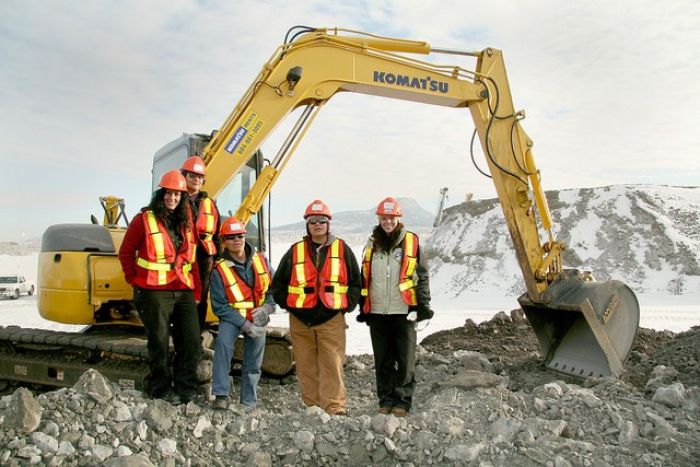
Since 1980's, the number of employees falling under the FIFO program has been increasing year in year out and the trend is expected to continue that way. Mining companies have realized that workers are more productive when they stay on the mines than when they commute from their homes. During a FIFO program, employees are usually transported by the employer to remote areas in the mines where they work in rosters. Each roster may run for up to 4 weeks after which the employee is given a one week off. There has been an ongoing conversation concerning the level of commitment among employees towards the employers and their jobs.
It appears that the only motivation to work in FIFO jobs is the huge salaries. However, despite the higher salaries, most employees are still not satisfied with their jobs. In 2012, a parliamentary inquiry reported that about a third of all FIFO workers do not remain in their positions for more than one year. There are several reasons that can be attributed to this massive movement of employees for example; there might be other mining companies that are offering better salary packages and working conditions, some workers may actually love their jobs but they submit to their spouses who are not happy about them being away from home for long periods of time. According to a researcher Libby Brook from Murdoch University, majority of spouses with young kids were dissatisfied with their spouses working on FIFO jobs. Even more dissatisfied were spouses without kids who are considered to be more prone to loneliness when their spouses are away from home for a long time.
It has been observed that employees value the degree at which the supervisors demonstrate and show commitment towards them. There are two theories that revolve around this commitment. When employees feel that their inputs to the company are recognized and appreciated, they develop a belief referred to as Perceived Organizational Support (POS). This belief leads them to increase their commitment towards the company. The employees also have a belief on how they perceive supervisors support towards them. This theory is referred to as Perceived Supervisor Support (PSS). Employees perceive that supervisors are working as per organization's intentions.In a research by Matthew Walford, 223 FIFO employees were engaged in a survey (either paper based or online), 80% of this number was men. All those who participated in the survey had an average age of 35 years and had worked on FIFO jobs for an average of 65 months. After carrying out the survey, a number of issues were clear for example; there is a strong relationship between PSS and POS, workers with increased affective commitment were less involved in moving from mining companies, there is a strong relationship between normative commitment and PSS.
In a likert scale of 1 to 7 where 1 was strongly disagree and 7 strongly agree and 4 at the middle representing neither agree or disagree, it was found that the average affective commitment scored 3.76 which indicate that majority of employees do not have a sense of attachment or belonging towards their companies.
According to a study by Steve Knott, CEO of Australian Mines and Metals Association, about 80% of all employees in the mining industry work under FIFO program. This accounts for a workforce of about 200,000 people. Steve also says that there is a deficiency of about 100,000 employees. Many mining companies in remote areas are in dire need of specialists such as geologists and engineers. He says that the big companies are interested to understand the reasons why FIFO work is so tough on employees.
It is true to say that organizations have an opportunity to change the employees' perspective towards FIFO jobs. Programs, strategies and plans should be developed to help employees cope with their social strains and also to foster effective communication between employees and the company. It would also help to train supervisors on ways through which they can support the employees in dealing with various challenges that they may be encountering.
Article inspired by Australian Mining

Hugo Infante/Government of Chi














